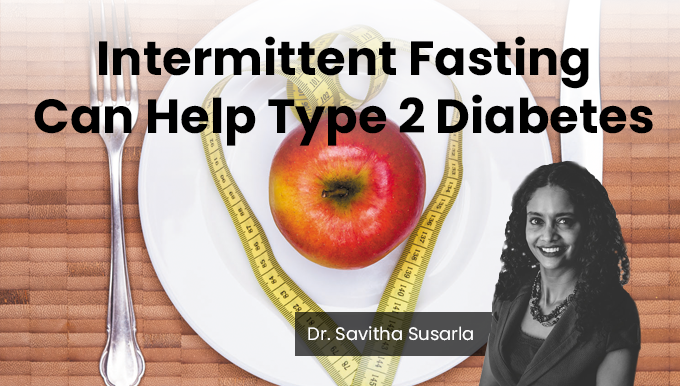Diabetes has become a large epidemic in the United States. Currently about 330 million people have Type 2 Diabetes. This is projected to climb to 550 million by year 2050!! Very concerning.
Why? Because Diabetes directly and indirectly increases mortality and shortens life span. For example diabetes is associated with increased heart disease, strokes, Alzheimer’s, dementia and cancer. Diabetes is caused by poor control of blood glucose, or blood “sugar”. If you think you might be at risk, and have noticed worrisome symptoms like excessive thirst, frequent urination, weight gain or sudden weight loss, fatigue, blurry vision or dizziness, then you should check right away to see if you have diabetes or it’s early stages “pre”-diabetes.
So, how can you test for diabetes?
Three easy blood tests:
- Check a fasting blood sugar, after 8-10 hours of no eating, if it is above 126, you are diabetic.
- Check a Hemoglobin A1C (HbA1c). This is a test to see how much glucose has attached to hemoglobin over time, the molecule that carries oxygen around in our blood. Above 6.5, you are diabetic.
- Check a non-fasting sugar. If your blood sugar is ever above 200, you are diabetic.
So how does my blood sugar get elevated? Where does this blood sugar come from? Why is my blood to “sweet”?
Blood glucose is controlled by several hormones, insulin and cortisol being the main ones. Insulin causes our cells to take up the glucose in the blood to process it inside the cell. The liver stores excess glucose in the form of glycogen but there is limited capacity for this and the excess blood sugar beyond what can be stored as glycogen is then stored as fat. Excess fat in our bodies causes other cells to become less “sensitive” or responsive to insulin and this causes blood sugar levels to rise as less glucose is taken up into cells for processing.
Cortisol has the opposite effect of insulin and causes release of glucose from storage from glycogen from our liver, where it is stored.
So what is our problem? It is the FOOD we eat. The food we eat provides excess sugar than our bodies can handle.
The more carbohydrates we eat in a meal, the more sugar is absorbed into the bloodstream. The more sugar that’s absorbed into the bloodstream, the higher the blood sugar will be.
By carbohydrates, this means, pasta, bread, cereals, soda, fruit juice, and candy. (and more!)
How can I control my blood sugars?
By eating fewer carbs! Focus on eating more healthy green vegetables, more fats, more proteins. When a diabetic starts changing their food to make it low carb, their sugars automatically trend down. They start needing less insulin, less oral medications.
How does intermittent fasting help your diabetes?
- Fasting keeps your blood sugar levels low because you are not eating any carbs or protein
- Fasting keeps your insulin levels low because the triggers are absent: ingested glucose and protein
- This resets the insulin sensitivity
- Losing weight / fat also resets inflammation and increases insulin sensitivity. Losing 10% of body weight can significantly change insulin or diabetic medication requirements
Fasting is an ancient practice that has proven to be beneficial on many levels. In my opinion ALL type 2 diabetics should be practicing fasting.
When you do not take in any type of food, your blood sugars will normalize very quickly. In fact, many people can reverse their diabetes with fasting.
I recommend about 16 hour fasts everyday to begin. Eventually this should increase to at least 24 hour fasts every other day.
When you do eat, you should consume low carb foods that are sugar free. This will keep your blood sugars normal.

